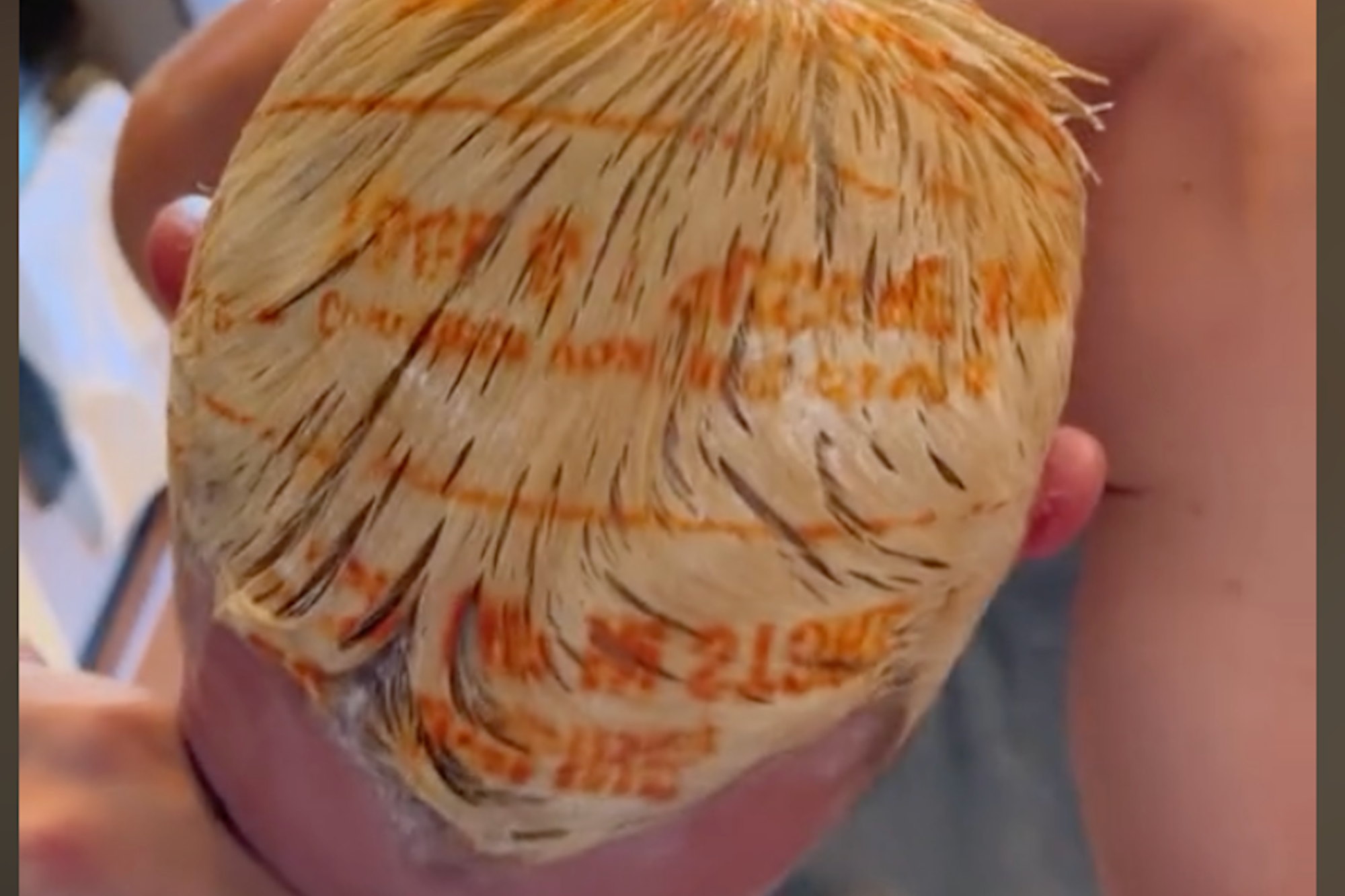How to Specialize Without Locking Your Startup Out of the MarketTake stock of whether your startup is innovating incrementally or is being boxed in by an unripe market.
ByPer Bylund•
Opinions expressed by Entrepreneur contributors are their own.
This past May, Israeli startup Sirin Labs launchedSolarin, a smartphone unlike any other. With tech that'syears aheadof the commercial market, the Android-based gadget promisesmilitary-gradeprivacy protections. But with a $16,000 price tag, is the phone too advanced for even the elite smartphone market?
Adam Smith, the so-called father of economics, would likely say so. He argued that specialization drives productivity, but only to a limit he referred to as the "extent of the market." Today, there is little need for this smartphone. The highly expensive, overspecialized labor required to develop it is wasted on a comparatively underdeveloped market.
Too many external insecurities exist for Solarin to make sense. What happens to the product if a key developer leaves or a niche supplier busts? Can Solarin even communicate securely with phones that don't have state-of-the-art privacy protections? And what about data uploaded to third-party clouds?
Related:5 Steps You Can Use to Find Your Niche
The market, Sirin may learn, is bounded by specialization deadlock, or the inability to adopt specialization that far outdoes what already exists. Think about a brain surgeon transported hundreds of years back in time. Without other necessary specializations -- anesthetists, nurses, sterilization and MRI technology -- even the simplest surgery would be a disaster.
In this way, specialization deadlock limits innovation to smaller steps. Updates and improvements to existing products are the currency of innovation, while giant leaps -- entirely new concepts, markets and years-ahead technologies -- are rare and failure-prone.
Specialization is the startup's tightrope, and it must be walked during both production and distribution. When building a product, entrepreneurs must find suppliers with the right skills to outdo established counterparts. Then, when selling a product, they need to communicate the specialized product's value to its market.
Is your startup overspecialized?
A startup inching toward specialization deadlock isn't always easy to spot, but three indicators are relatively reliable -- an extremely limited niche, reliance on only a couple of customers or suppliers and exorbitant time spent training new hires. If your business meets any of these criteria, it may be time to acknowledge and combat specialization deadlock.
Related:Why a Jack-of-All-Trades Is Just the Masterful Talent a Startup Needs
Breaking free from specialization deadlock is difficult but not impossible. As explained in "The Problem of Production," the key to successful innovation is to employ overly specialized skills, like those of the brain surgeon, alongside other complementary skills, like those of nurses and anesthetists. Thus, the firm as a whole will be compatible with the market, even though each specific specialization within the firm may not be.
Look to Infibeam'sBuildabazaar.With more than 50,000 live stores, the Indian ecommerce giant creates necessary context for otherwise overspecialized entrepreneurs. By hosting an enormous, interwoven ecosystem of suppliers and consumers, Buildabazaar helps super-specialized entrepreneurs -- selling products from super-niche ruralGir cow gheeto Saudi Arabian mobile service appJawwy-- find their footholds.
Unlock the deadlock.
Overspecialization is expensive and risky. Supply lines run dry, production costs skyrocket, a key employee quits, and customers scratch their heads at an ahead-of-its-time product. Put together, it's easy to see how overspecialization thwarts promising ventures.
To prevent specialization deadlock, take stock of your startup. These steps can prevent you from being boxed in by an unripe market:
1. Leave Monopoly to the game table.
OrigAudio's founderlearned the hard way that it doesn't pay to put all your eggs in one basket. When its sole supplier of video displays shipped broken products from China, it was out hundreds of dollars -- a painful lesson for a young startup.
如果你的产品依赖于孤独的供应商的成功s, then you may be too specialized. Avoid markets or products that pigeonhole you into a single supplier. Having multiple suppliers competing for your business keeps prices low, quality high and -- most important -- keeps your specialized product in production.
2. Never outsource the chef.
A restaurant might outsource HR, procurement, and even cleaning functions, but never the cook. Similarly, many startups utilize third-party accountants, externalcustomer service repsand more. Skype evenoutsourced developmentto a team in Estonia.
Outsourcing provides flexibility and allows you to shop around for a great partner, but be sure you don't outsource your secret sauce. Sirin Labs built its state-of-the-art secure software in-house. Specialized marketing agencies, too, keep core competencies close to the chest. Outsourcing is a great way to improve efficiency, but you should be the one doing what you do best.
Related:5 Tips for Outsourcing Product Development
3. Specialize as the startup grows.
acc的专门化,随着时间的推移,创建一个系统ountability and responsibility within your company. Ideally, everyone does the tasks he or she is best at, which allows a specialized product to flourish on the greater market.
Don't, however, jump the gun and overspecialize employees immediately. When Birchbox began in 2008, its eight employees were expected to be jacks-of-all-trades, working together toward the company's ongoing success. But as Birchbox grew, its team members have specialized toprevent burnout.
That's how it should be. In the beginning, everyone needs a working knowledge of everyone else's responsibilities, and cooperation keeps the startup afloat. Then, as the company grows, give employees increasingly specialized roles so they can do what they do best: Let the neurosurgeon break free from general practice, but be sure you have dedicated surgical staff, radiologists and nurses.
Innovation is much like medicine. Scorpion and snake venoms can be deadly, but in the right dose, they cancure cancer.创新,too, must be metered carefully. As Adam Smith knew, too much can make your startup sick; only at the proper dose can innovation create market miracles.










